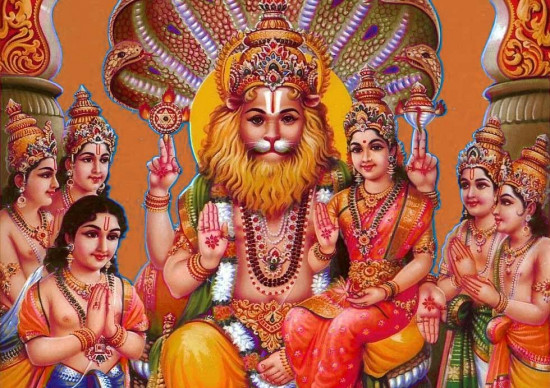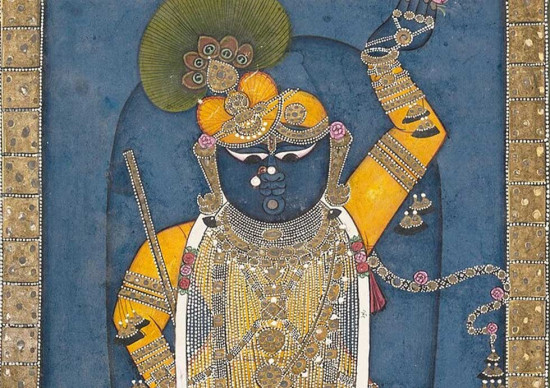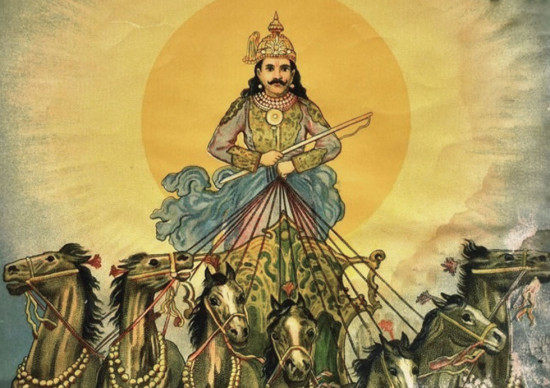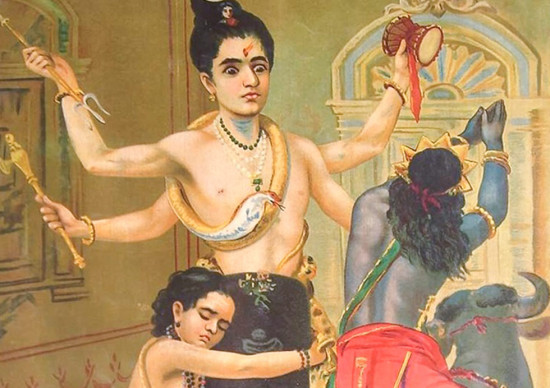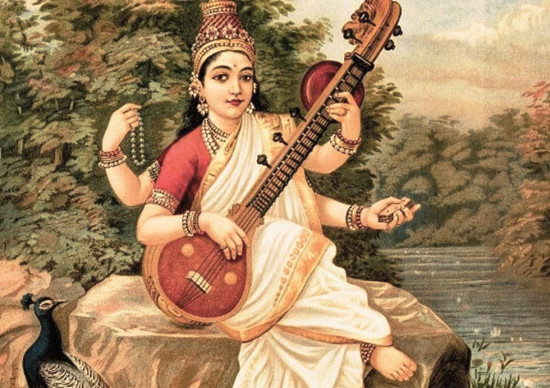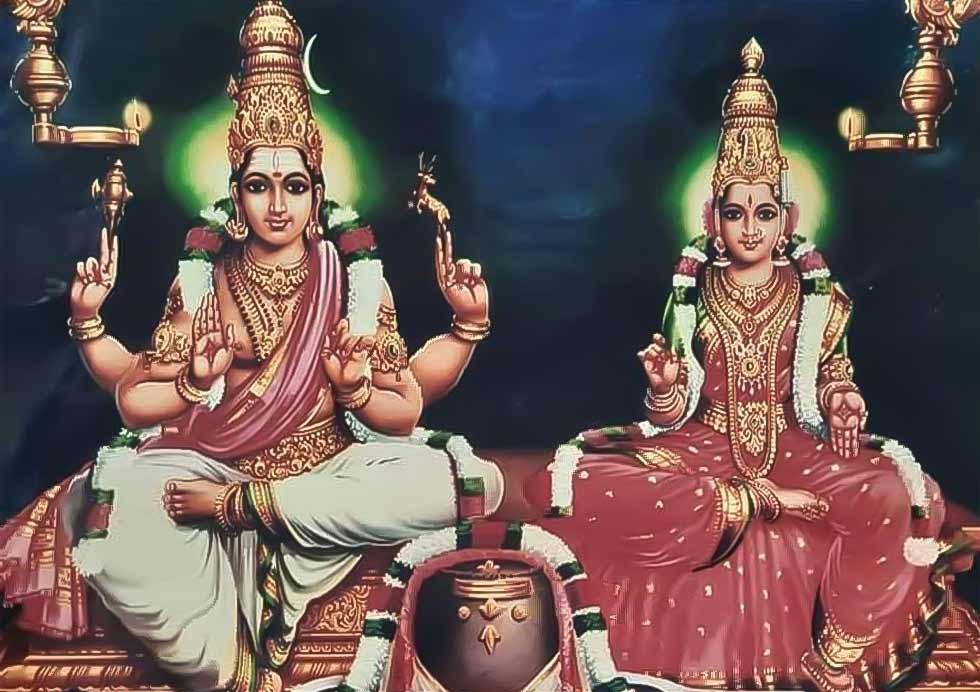
Mahashivratri meaning "Grand night of Shiva" is a major Hindu festival celebrated every year in honor of Shiva. Maha means grand and ratri means night. It generally falls between February and March, on the 14th day of the dark half of the month of Phalgun.The festival has a deep spiritual significance and is celebrated by millions of people around the world with devotion. It reportedly depicts the divine marriage of Lord Shiva and Parvati, and the moment of Lord Shiva dancing his cosmic dance, Tandavam.
Mahashivratri is not just a ritual and celebration. It is a time for reflection and spiritual growth. The festival reminds us of the importance of overcoming the darkness and ignorance in our lives and in the world around us. Devotees celebrate by remembering Lord Shiva, praying, fasting and meditating on virtues like honesty, generosity, charity and forgiveness. Many stay up late, praying and meditating, while others go to temples or visit holy places dedicated to Lord Shiva like Jyotirlingas.
Maha Shivaratri will be celebrated from Wed, 26 Feb, 11:08 am to Thu, 27 Feb, 8:54 am in 2025.
Mahashivratri is not just a ritual and celebration. It is a time for reflection and spiritual growth. The festival reminds us of the importance of overcoming the darkness and ignorance in our lives and in the world around us. Devotees celebrate by remembering Lord Shiva, praying, fasting and meditating on virtues like honesty, generosity, charity and forgiveness. Many stay up late, praying and meditating, while others go to temples or visit holy places dedicated to Lord Shiva like Jyotirlingas.
Maha Shivaratri will be celebrated from Wed, 26 Feb, 11:08 am to Thu, 27 Feb, 8:54 am in 2025.
Why Do We Celebrate Maha Shivratri?
Mahashivratri, which translates as "the great night of Lord Shiva" is one of the most spiritually important festivals for Hindus especially in the tradition of Shaivism Unlike many other Hindu festivals, which are celebrated with cultural revelry during the day , Mahashivratri is celebrated at night, It is the time to connect with the divine and seek spiritual progress through the grace of Lord Shiva. Let's explore the deeper significance of Mahashivratri, the reasons for celebrating it and how it connects devotees with the eternal form of Shiva.
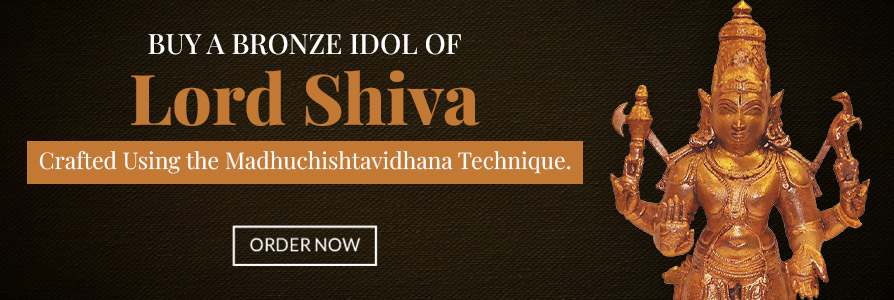
What Makes Maha Shivratri Unique?
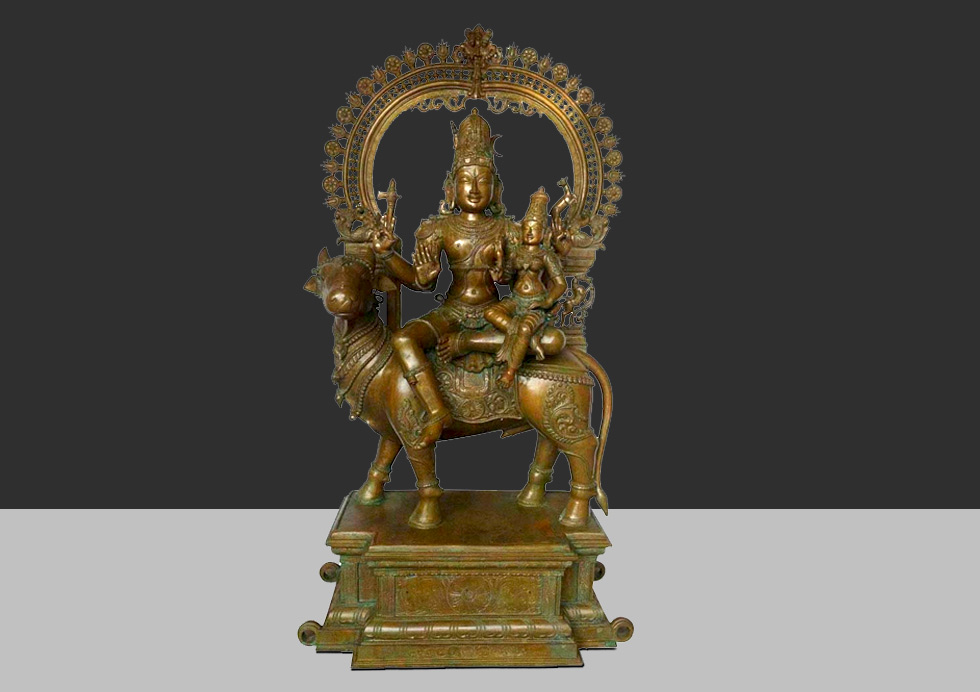
Maha Shivratri stands apart from other Hindu festivals in many ways. While other celebrations are associated with cultural festivities, dancing, and feasting, Maha Shivratri is a day of fasting, prayer, and deep meditation. It is an occasion to worship Lord Shiva with a sincere heart, focusing on self-reflection, self-improvement, and spiritual awakening.
This night is considered one of the most sacred in the Hindu calendar because it is believed that on this night, Lord Shiva performed the cosmic dance of creation, preservation, and destruction. The energy of the universe is said to be at its most potent, offering an opportunity to remove the darkness of ignorance and to seek spiritual enlightenment.
In the Kashmir region, the festival is known as Har-ratri or Haerath by the local Shiva devotees, who also celebrate it with deep reverence. The tradition of Maha Shivratri dates back to ancient times, with some believing it originated as early as the 5th century BCE. Whether through prayers, fasting, or simply quiet reflection, Maha Shivratri is a sacred occasion that helps people connect with Lord Shiva and seek peace, wisdom, and transformation.
The Story of Maha Shivratri
Maha Shivratri is a very special night dedicated to Lord Shiva, one of the most important gods in Hinduism. Many legends are told about this night, and each one is full of meaning and blessings.
The Night of Creation, Preservation, and Destruction:
One story says that on Maha Shivratri, Lord Shiva performs a beautiful dance called the Tandava, which represents three things: the creation of the world, the preservation of life, and the destruction of what is no longer needed. As he dances, the entire universe moves with him, and all the stars, planets, and creatures are part of this cosmic rhythm. People chant songs and hymns to remember his dance and feel connected to him everywhere.
The Marriage of Shiva and Parvati:
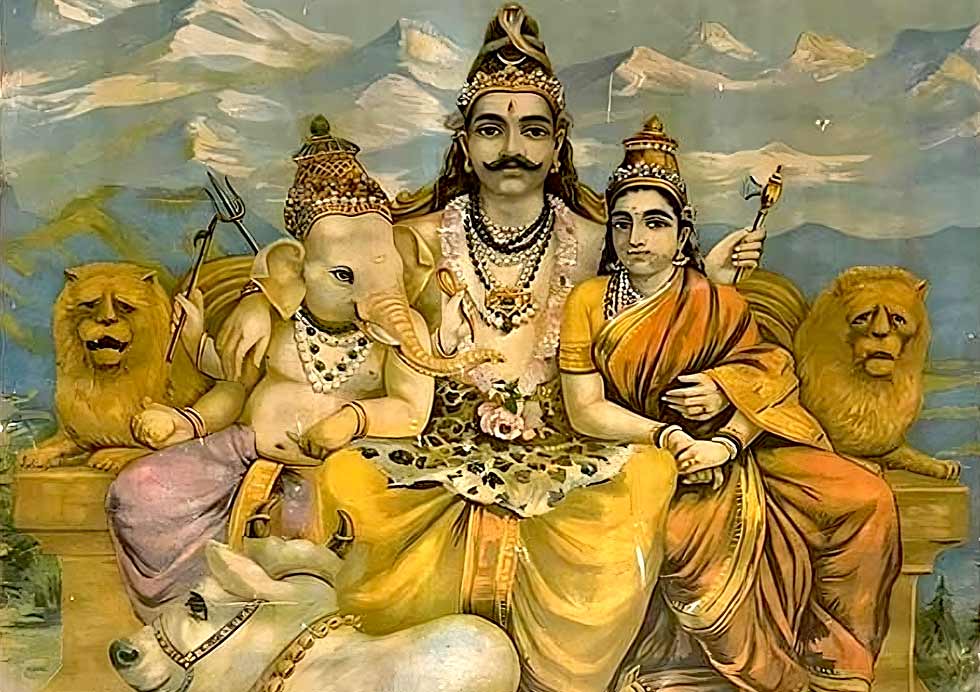
Another story says that on this night, Lord Shiva married Goddess Parvati, his divine partner. Their marriage is very special because it represents the balance of the universe—Shiva as the peaceful, formless energy and Parvati as the creative force. This marriage brings harmony to the world.
Overcoming Sins and Finding Liberation:
Maha Shivratri is also the night when people pray and offer respect to the Shiva Lingam (a symbol of Lord Shiva) to cleanse themselves of past mistakes or bad actions. By doing this, they hope to begin a new, better life and move closer to the ultimate goal of spiritual freedom, or liberation. Devotees believe that if they pray on this night, they will receive blessings to guide them on their spiritual journey.
The Story of the Poison and Shiva Becoming Neelkantha:
Another important story is about a time when the gods and demons were churning the ocean to get the nectar of immortality. But during the churning, a dangerous poison called Halahala came out, and it could destroy the world. To save everyone, Lord Shiva drank the poison. When he drank it, his throat turned blue, and people started calling him Neelkantha, which means "the blue-throated one." It is believed that the place where this happened is the famous Neelkanth Mahadev Temple.
Maha Shivratri: The Great Night Of Shiva
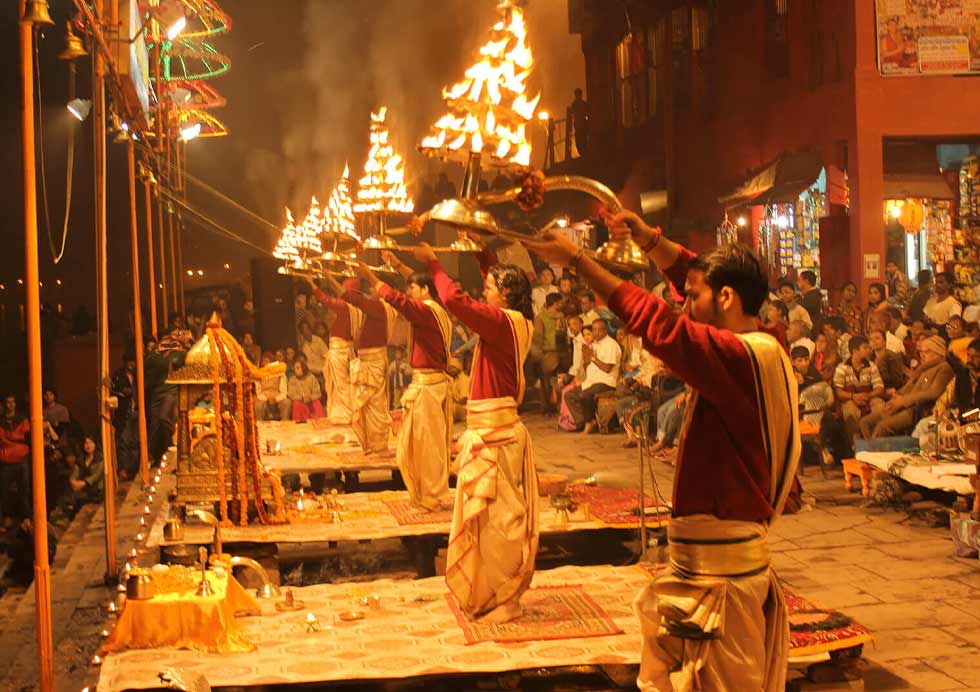
In the Shaivism tradition, Maha Shivratri represents the victory of light over darkness — both literally and metaphorically. Darkness symbolizes ignorance, illusion, and ego, while light symbolizes knowledge, wisdom, and the divine presence of Lord Shiva. By observing the rituals of Maha Shivratri, devotees aim to overcome the ignorance in their own lives and the world around them. The night becomes a time for spiritual awakening, where individuals make efforts to transcend their limitations, face their inner demons, and gain clarity and wisdom.
This overcoming of darkness is not just about external events or circumstances, but also about internal growth. On this night, devotees focus on introspection, asking themselves important questions about their lives, actions, and relationships, in an attempt to align with the higher principles of truth, compassion, and love.
Lord Shiva’s Cosmic Role
Maha Shivratri is also seen as a time to honor Lord Shiva in his cosmic role as the destroyer, preserver, and creator of the universe. Unlike other gods in the Hindu pantheon, Lord Shiva embodies the paradox of destruction and creation. Destruction in the Hindu context is not negative; rather, it is a necessary process for renewal and transformation. By destroying the old, Shiva makes way for the new, helping the cycle of life, death, and rebirth continue in a harmonious balance.
On Maha Shivratri, devotees reflect on the importance of embracing change, letting go of the past, and preparing for spiritual growth. This is also a night when Lord Shiva’s divine presence is believed to be especially powerful, offering an opportunity to ask for blessings of wisdom, peace, and transformation.
On Maha Shivratri, devotees reflect on the importance of embracing change, letting go of the past, and preparing for spiritual growth. This is also a night when Lord Shiva’s divine presence is believed to be especially powerful, offering an opportunity to ask for blessings of wisdom, peace, and transformation.
The Significance of the All-Night Vigil (Jagran)
One of the most notable aspects of Maha Shivratri celebrations is the jagran — an all-night vigil held in Shiva temples and homes. Unlike most festivals, which involve day-time celebrations, the vigil on Maha Shivratri allows devotees to stay awake throughout the night in prayer, meditation, and devotion to Lord Shiva.
The jagran is a time to recite sacred hymns and mantras like the "Om Namah Shivaya" mantra, which is believed to purify the soul and invoke divine blessings. Some people also recite the "Shiva Chalisa," a hymn dedicated to Lord Shiva, to express their love and devotion.
Why is staying awake so significant? It is believed that by staying awake during the night, the devotee symbolically fights off ignorance and laziness, which are seen as barriers to spiritual growth. The effort to remain focused on Lord Shiva through the vigil also signifies overcoming distractions and obstacles on the spiritual path.
Why is staying awake so significant? It is believed that by staying awake during the night, the devotee symbolically fights off ignorance and laziness, which are seen as barriers to spiritual growth. The effort to remain focused on Lord Shiva through the vigil also signifies overcoming distractions and obstacles on the spiritual path.
The Role of Fasting and Abstinence
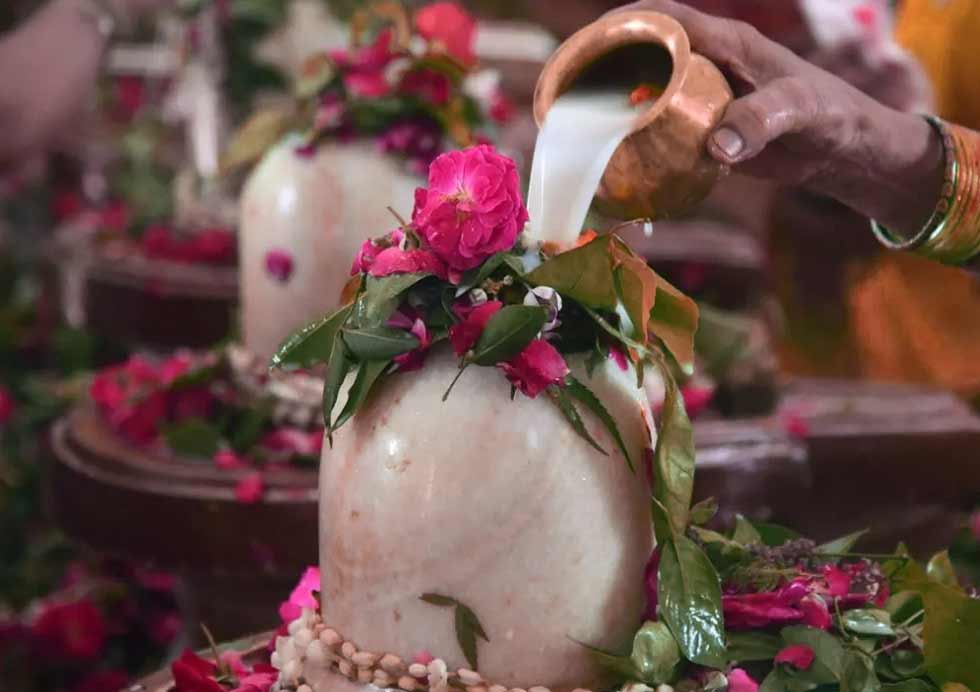
Fasting is an important practice during Maha Shivratri, and it is seen as a form of penance and a means of purifying both the body and mind. Devotees observe various types of fasts — some completely abstain from food and water, while others may consume fruits, milk, or light food items. The fast is considered an offering to Lord Shiva, a way to demonstrate devotion and discipline.
The act of fasting is not just about abstaining from food, but about focusing all of one’s energy and attention on the divine. By refraining from worldly distractions, devotees make space for spiritual practices like chanting mantras, reading sacred texts, and meditating on Lord Shiva’s qualities.
In the Shaivism tradition, fasting also serves as a tool for self-purification. It is believed that fasting helps cleanse the body of toxins and impurities, leading to physical well-being and clarity of mind. Moreover, fasting on Maha Shivratri is thought to help eliminate the ego, which is often seen as the biggest obstacle to self-realization.
Meditation and Yoga for Spiritual Elevation
For many devotees, Maha Shivratri is also a time to practice meditation and yoga as a way of drawing closer to Lord Shiva. Meditation on Shiva helps one to center the mind, reduce distractions, and experience a deeper connection to the divine. Through meditation, devotees try to access the higher realms of consciousness, where they can connect with the eternal and timeless energy of Lord Shiva.
The practice of yoga, too, is integral to the spiritual observances of Maha Shivratri. Shiva is often depicted as the ultimate yogi, the one who is the master of meditation and physical discipline. By performing yoga, especially meditative yoga, devotees seek to embody the qualities of Lord Shiva: tranquility, detachment, and inner peace.
Offerings to Lord Shiva
On Maha Shivratri, devotees make offerings to Lord Shiva, which include fruits, milk, honey, and sacred leaves like the bilva (bael) leaves, which are considered particularly auspicious. These offerings are symbolic of the devotee's love and gratitude for Lord Shiva, as well as their desire to purify themselves spiritually. Offering milk to the Shiva Lingam, for instance, is believed to cool the intense energy of Lord Shiva and invoke his blessings for a peaceful and prosperous life.
In many temples, the sacred Panchakshara mantra of Shiva, “Om Namah Shivaya,” is chanted continuously throughout the day. This mantra is considered highly powerful, and reciting it brings peace and helps purify the mind. It is said that chanting "Om Namah Shivaya" helps devotees connect with the divine consciousness of Shiva, invoking his grace and wisdom.
How Do We Celebrate Maha Shivratri?
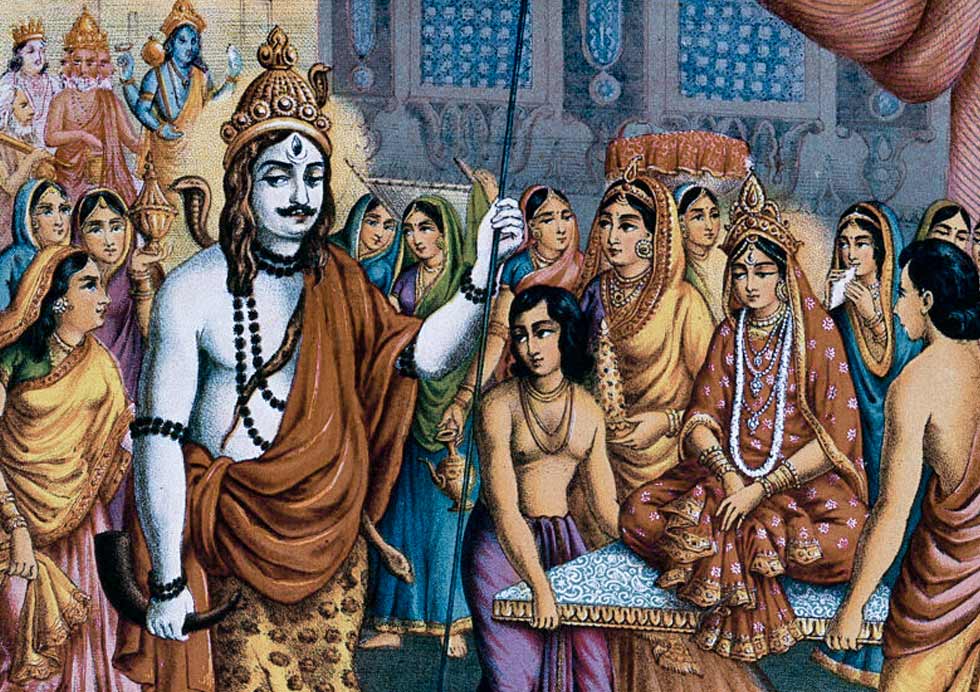
Maha Shivratri is celebrated with great devotion across the world, particularly in temples dedicated to Lord Shiva. While practices can vary by region, here are some common ways that Hindus celebrate Maha Shivratri:
1. Performing the Maha Shivratri Pooja: The Maha Shivratri pooja is a key part of the celebration. It involves offering prayers, reciting mantras, and performing rituals to honor Lord Shiva. The pooja is often held in the evening and continues throughout the night, accompanied by chanting, meditation, and the offering of sacred items.
2. Fasting and Spiritual Practices: As mentioned earlier, fasting plays a central role in the celebration. Devotees also engage in other spiritual practices like reading sacred texts, reciting the Shiva Chalisa, and engaging in prayer and contemplation. Many people choose to keep a strict fast, avoiding food and water, while others observe a lighter form of fasting with fruits and milk.
3. All-Night Vigil (Jagran): Staying awake during the night is one of the most important practices of Maha Shivratri. Devotees gather in temples or homes to keep vigil, sing bhajans (devotional songs), and chant the sacred mantras. The vigil is a way to honor Lord Shiva and to stay focused on the divine presence throughout the night.
4. Chanting the Mantra "Om Namah Shivaya": This powerful mantra is recited continuously throughout the night, helping to cleanse the mind and soul. Chanting this mantra is believed to bring peace, reduce suffering, and invite Lord Shiva’s blessings.
1. Performing the Maha Shivratri Pooja: The Maha Shivratri pooja is a key part of the celebration. It involves offering prayers, reciting mantras, and performing rituals to honor Lord Shiva. The pooja is often held in the evening and continues throughout the night, accompanied by chanting, meditation, and the offering of sacred items.
2. Fasting and Spiritual Practices: As mentioned earlier, fasting plays a central role in the celebration. Devotees also engage in other spiritual practices like reading sacred texts, reciting the Shiva Chalisa, and engaging in prayer and contemplation. Many people choose to keep a strict fast, avoiding food and water, while others observe a lighter form of fasting with fruits and milk.
3. All-Night Vigil (Jagran): Staying awake during the night is one of the most important practices of Maha Shivratri. Devotees gather in temples or homes to keep vigil, sing bhajans (devotional songs), and chant the sacred mantras. The vigil is a way to honor Lord Shiva and to stay focused on the divine presence throughout the night.
4. Chanting the Mantra "Om Namah Shivaya": This powerful mantra is recited continuously throughout the night, helping to cleanse the mind and soul. Chanting this mantra is believed to bring peace, reduce suffering, and invite Lord Shiva’s blessings.
Conclusion: A Night of Divine Grace
Maha Shivratri is more than just a festival; it is an opportunity for spiritual renewal and transformation. By staying awake, fasting, meditating, and offering prayers to Lord Shiva, devotees aim to overcome darkness, ignorance, and ego. Through these practices, they connect with the divine, purify their hearts, and seek blessings for peace, prosperity, and enlightenment.

